
Feel Like Yourself Again: Natural Ayurvedic Support for Menopause
Menopause is not a disease—it’s a natural transition in a woman’s life. As hormone levels begin to shift, many women find themselves navigating a wide range of symptoms that affect...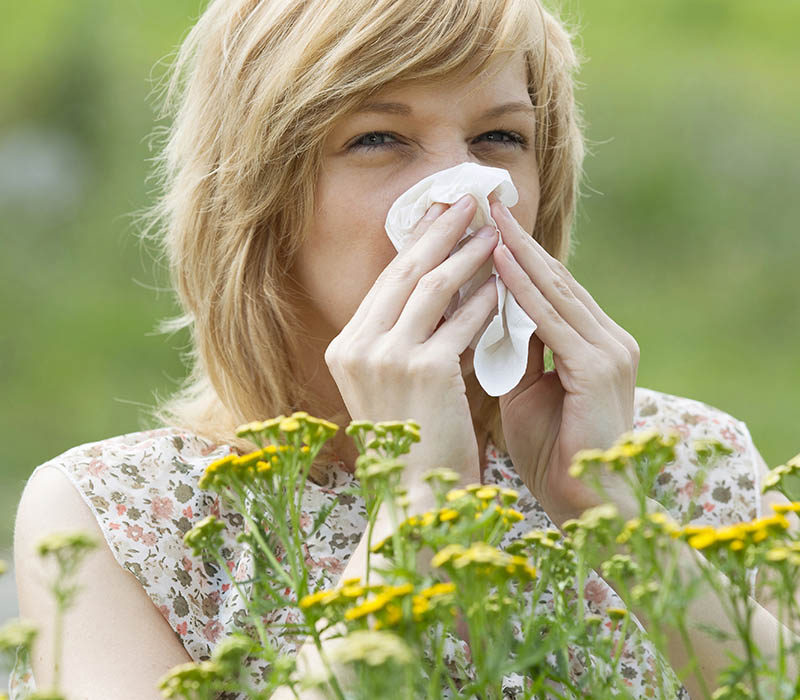
Lasting Allergy Relief: Understanding Natural Treatment for Allergies through Ayurveda
Allergies have become a common issue for many Australians. From pollen to peanuts, these reactions can significantly affect daily life, physical health, and mental well-being. But what exactly are allergies,...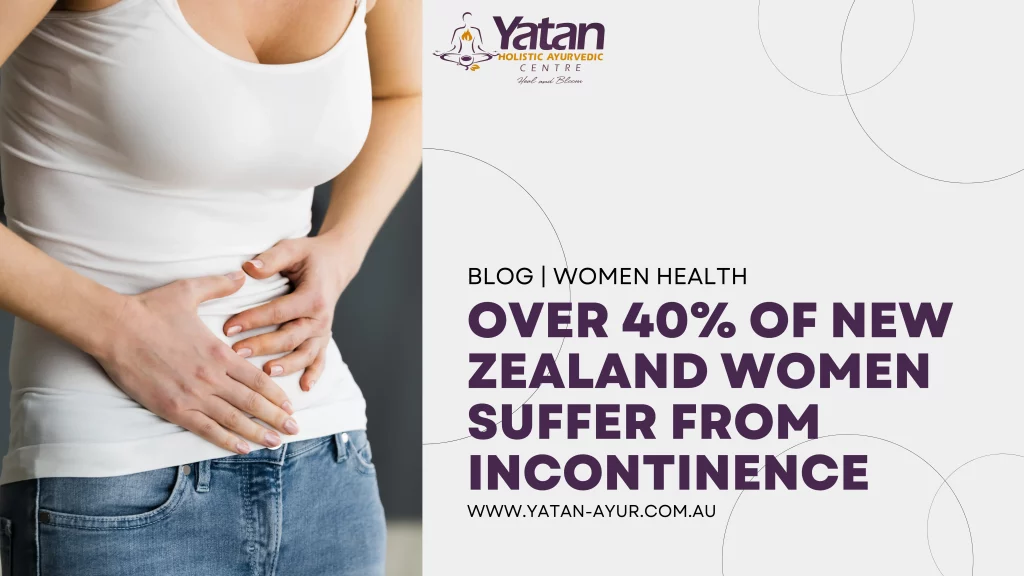
Addressing Incontinence in NZ Women Through Ayurveda: A Holistic Approach
More than 40 percent of New Zealand women experience problems with incontinence, according to recent research. Otago University Professor Jean Hay-Smith, co-author of the study published in The New Zealand...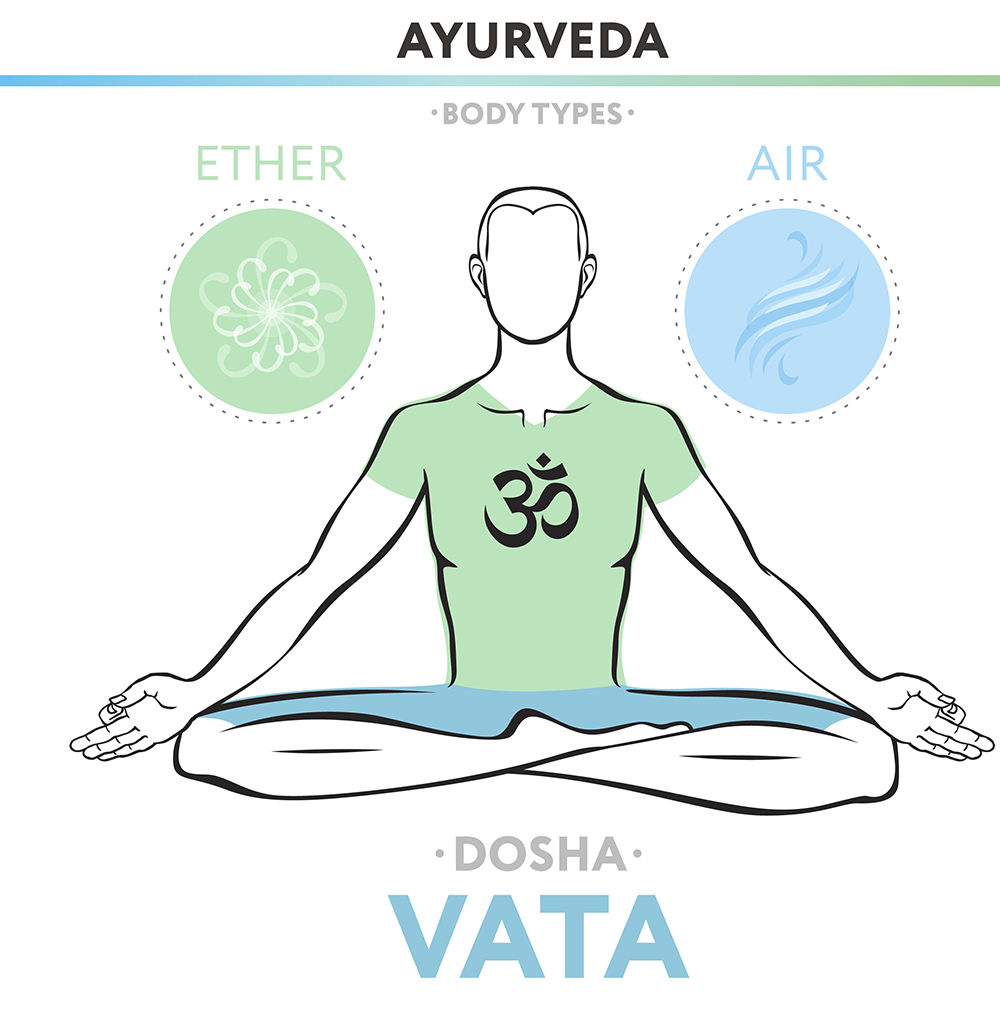
Ayurvedic Body Type: Vata
Introduction to Vata dosha Vata is one of the three primary doshas as described in Ayurveda. The vata dosha is made up of air and ether. The elements of nature,...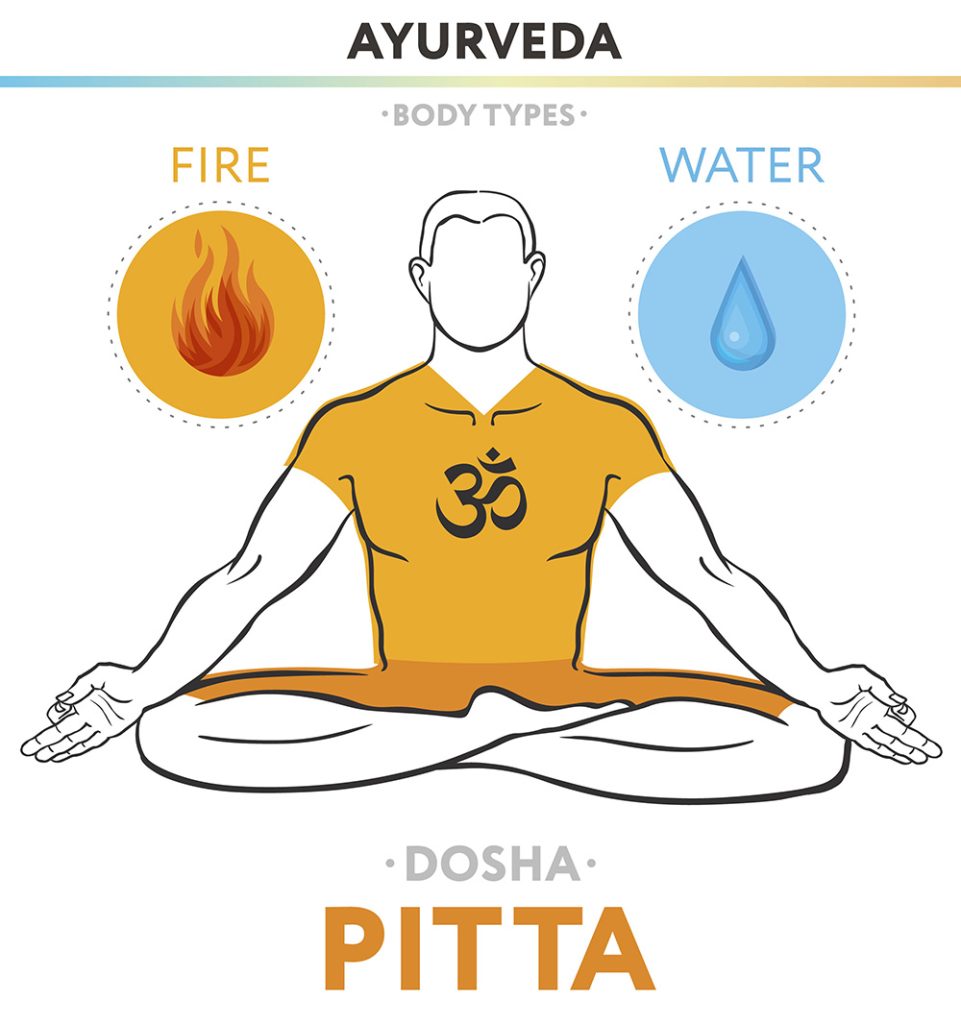
Ayurvedic Body Type : Pitta
Introduction to Pitta dosha Pitta dosha is one of the three main doshas in Ayurveda, and it represents the fire element in the body. It is responsible for significant bodily...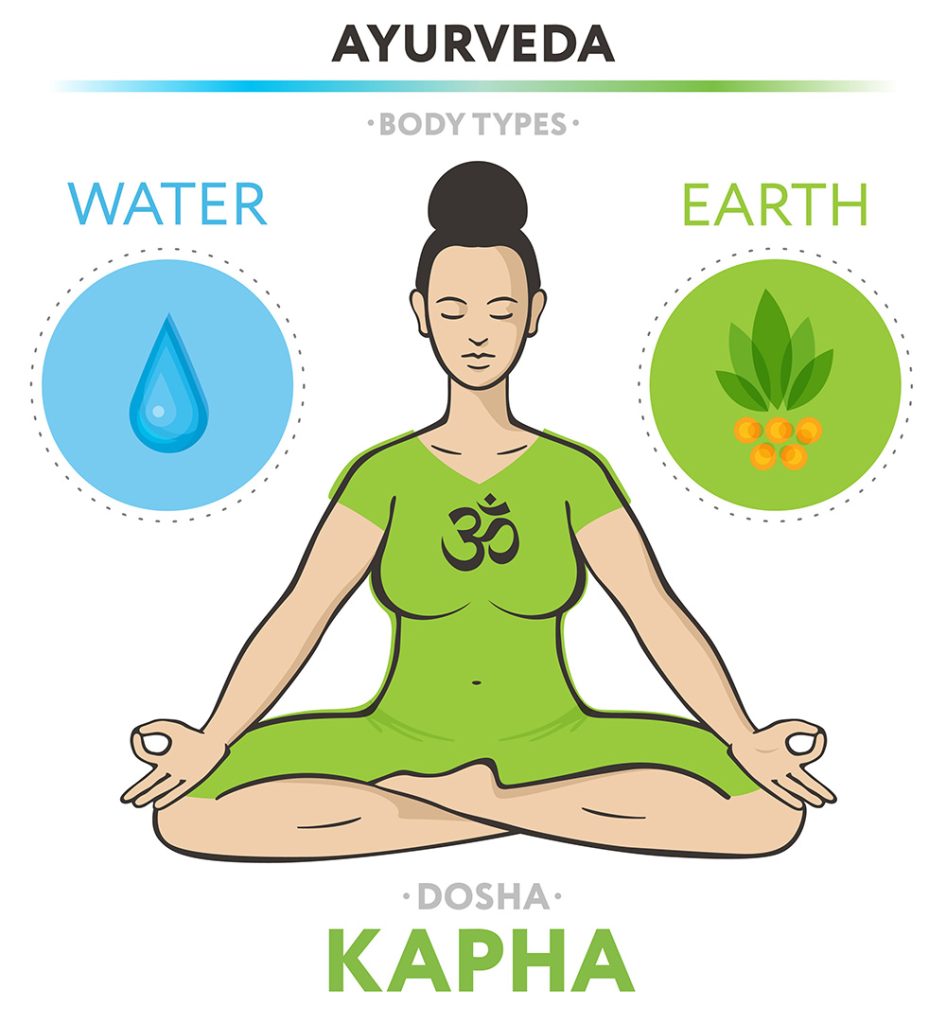
Ayurvedic Body Type : Kapha
Introduction to Kapha dosha Kapha is one of the main doshas in Ayurveda. It is representative of the water and earth elements. The characteristics of Kapha are marked by qualities...
Embracing Balance and Harmony: Unleashing the Power of Shatavari
Shatavari, scientifically known as Asparagus racemosus, is a popular herb in Ayurveda that is highly regarded for its numerous health benefits. Its name “Shatavari” translates to “one who possesses a...
Shilajeet: The Himalayan Wonder Resin of Ayurveda
Shilajit is a unique and highly valued substance in Ayurveda, known for its rejuvenating and revitalizing properties. It is a resinous exudate that oozes out from the rocks of the...
Ayurveda’s Fountain of Youth: Exploring the Theory of Rasayana Medicine & Therapy
Ayurveda, the traditional Indian system of medicine, has been practiced for thousands of years and is based on the principles of balancing the body, mind, and spirit to achieve optimal...


















